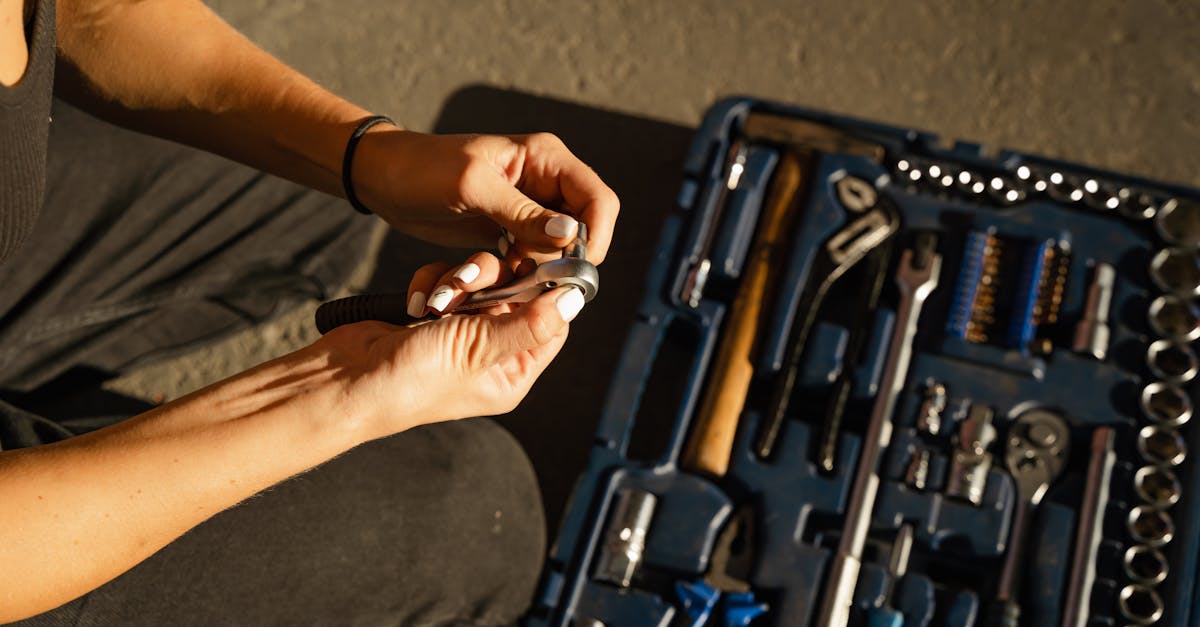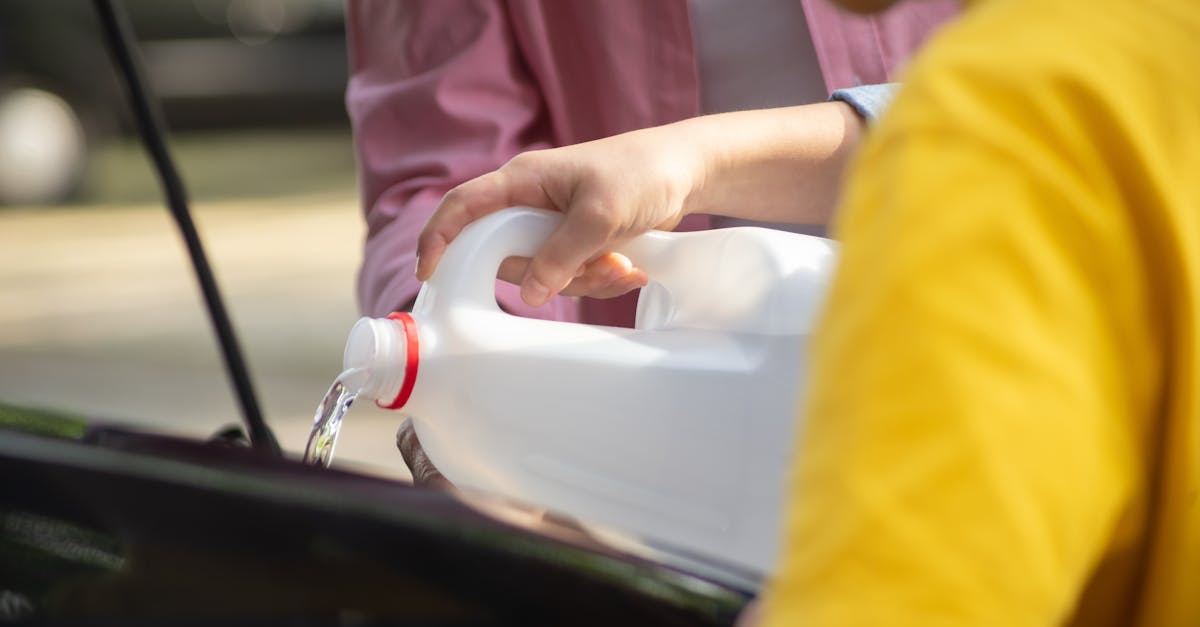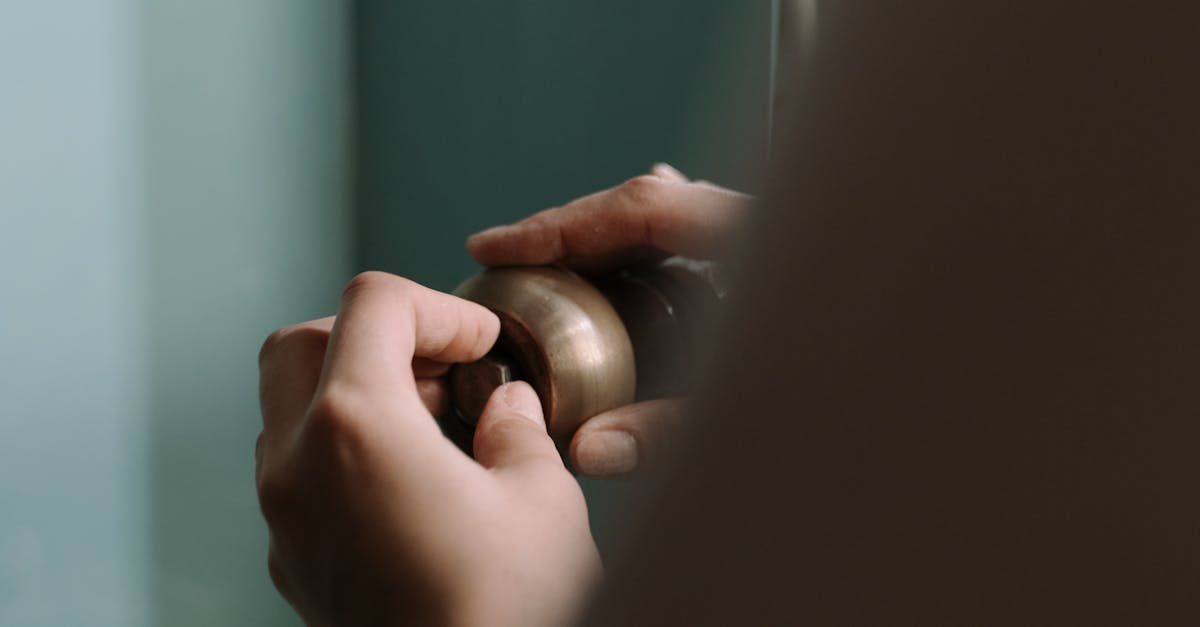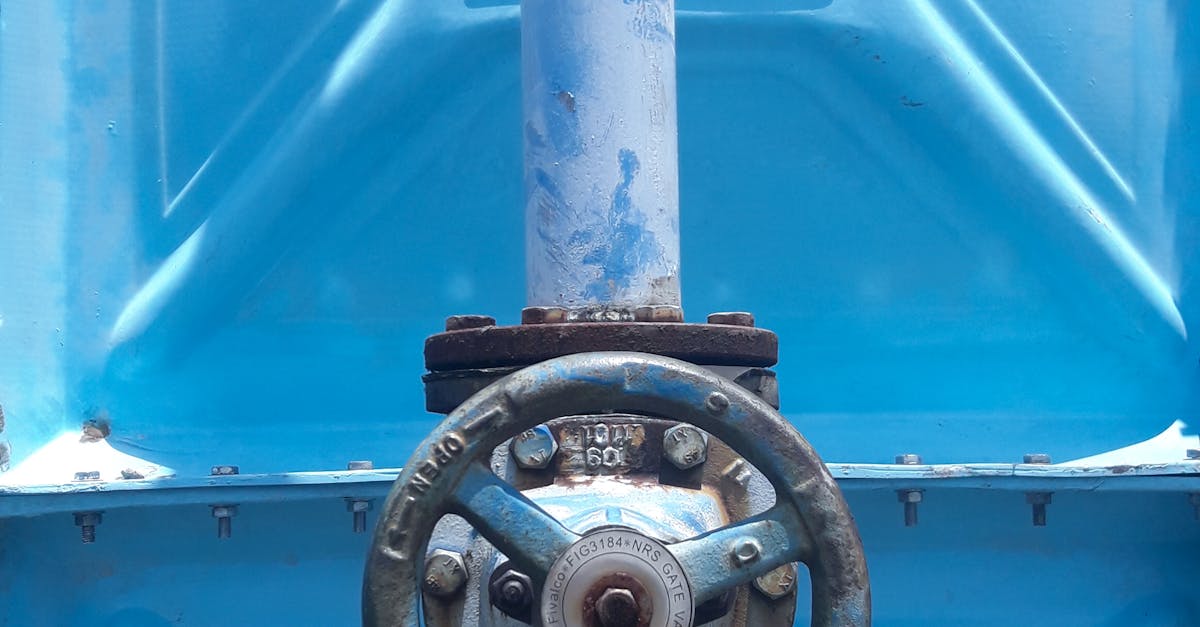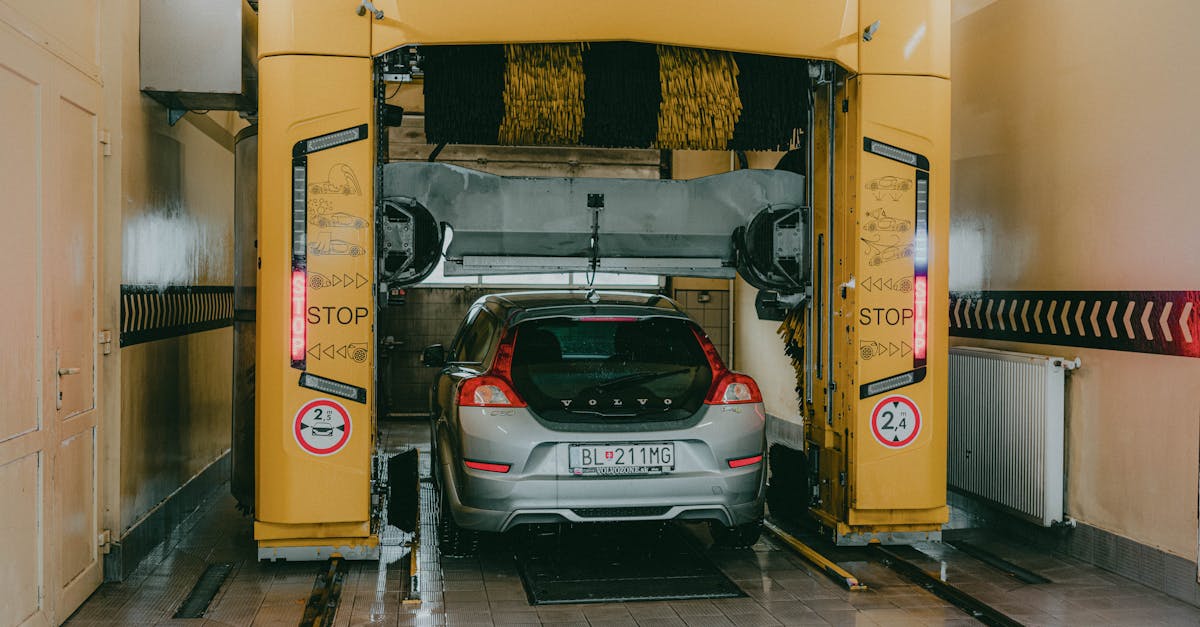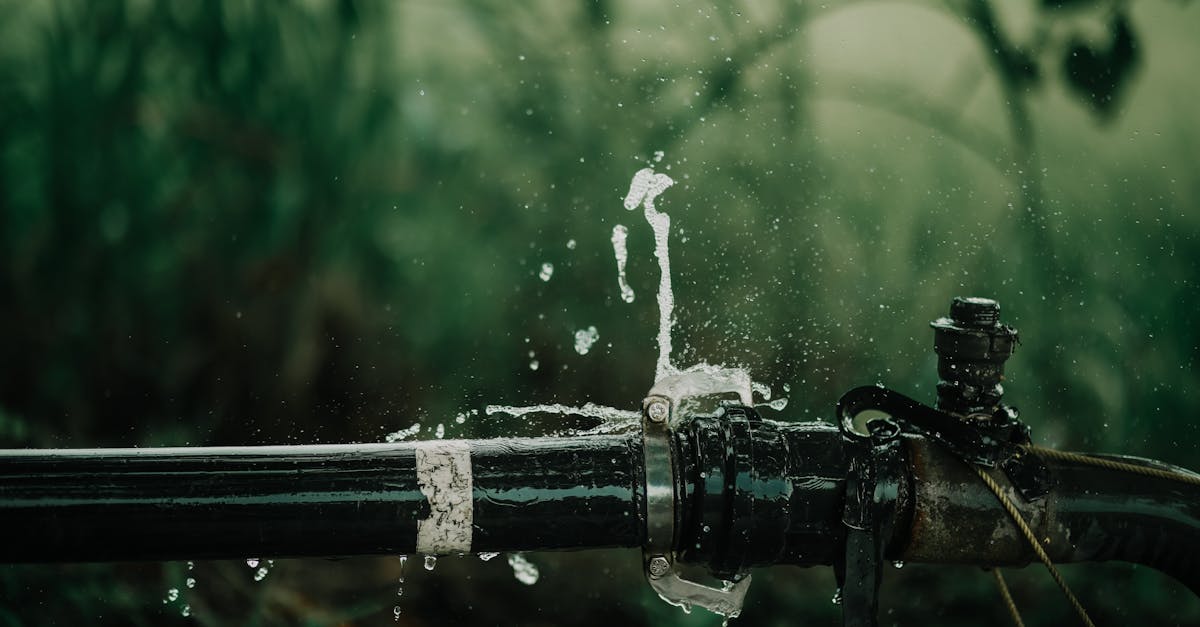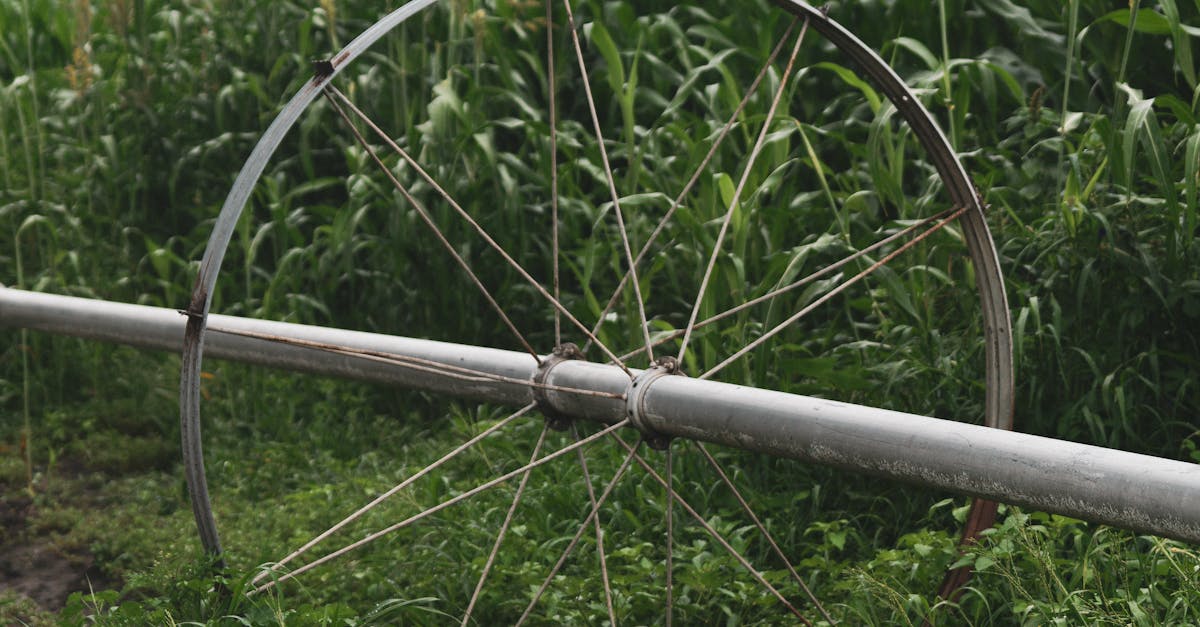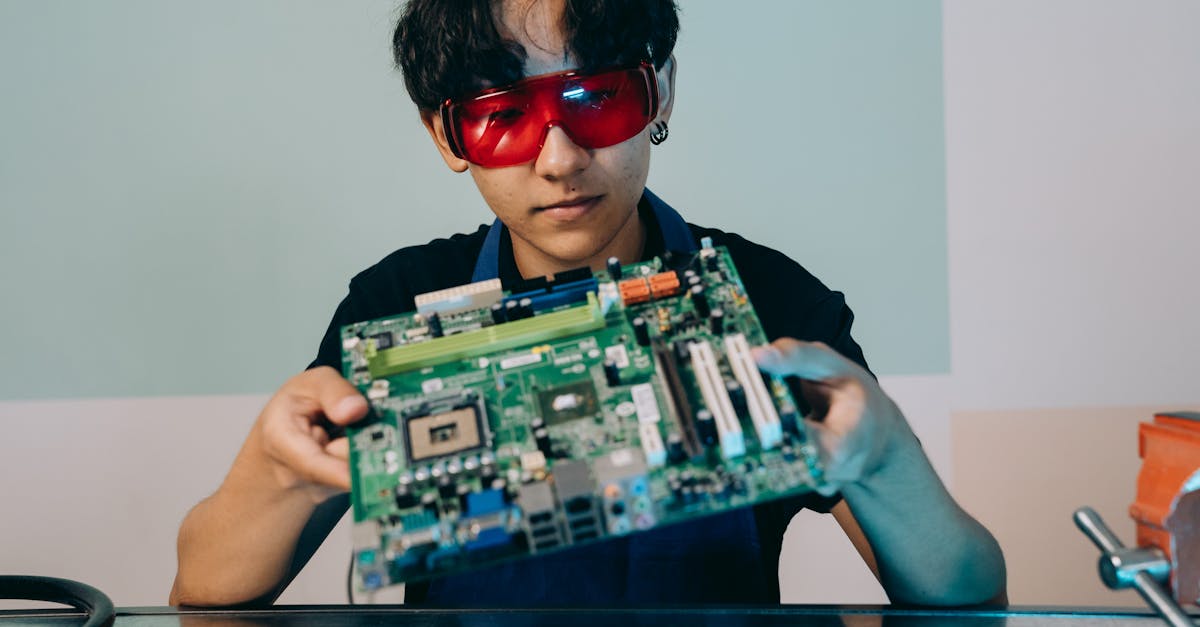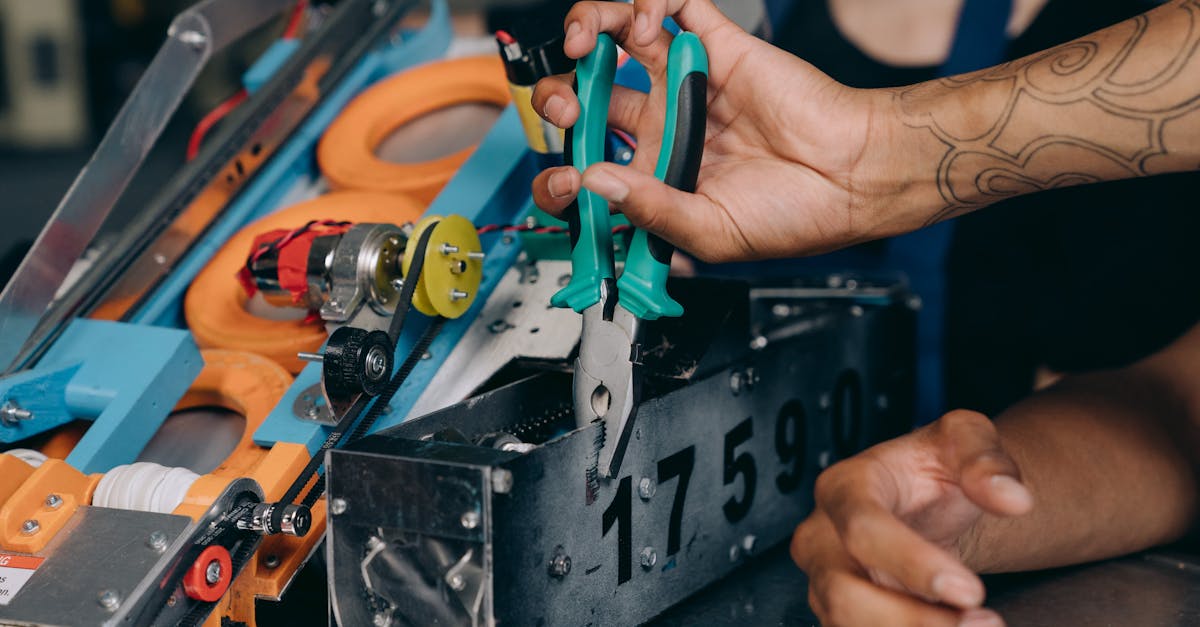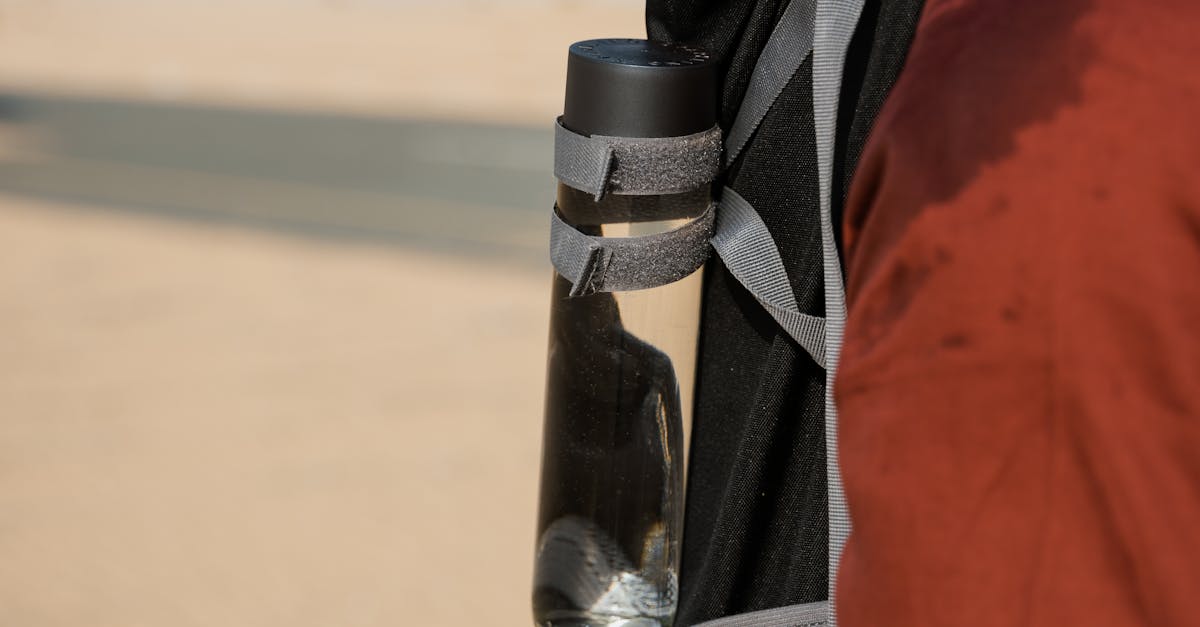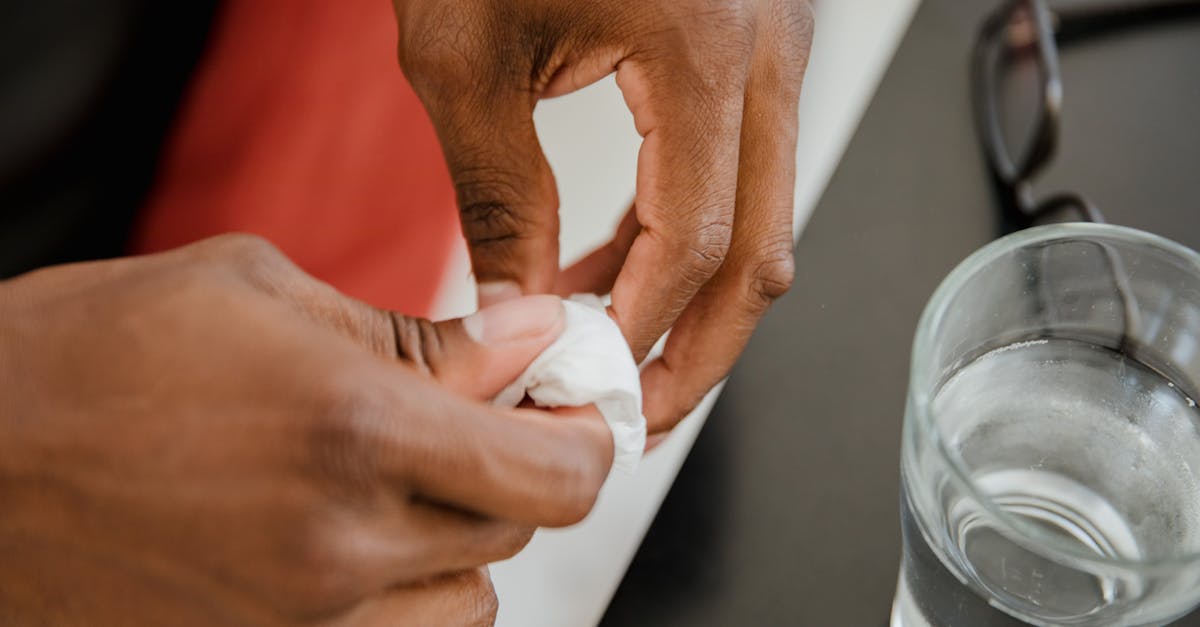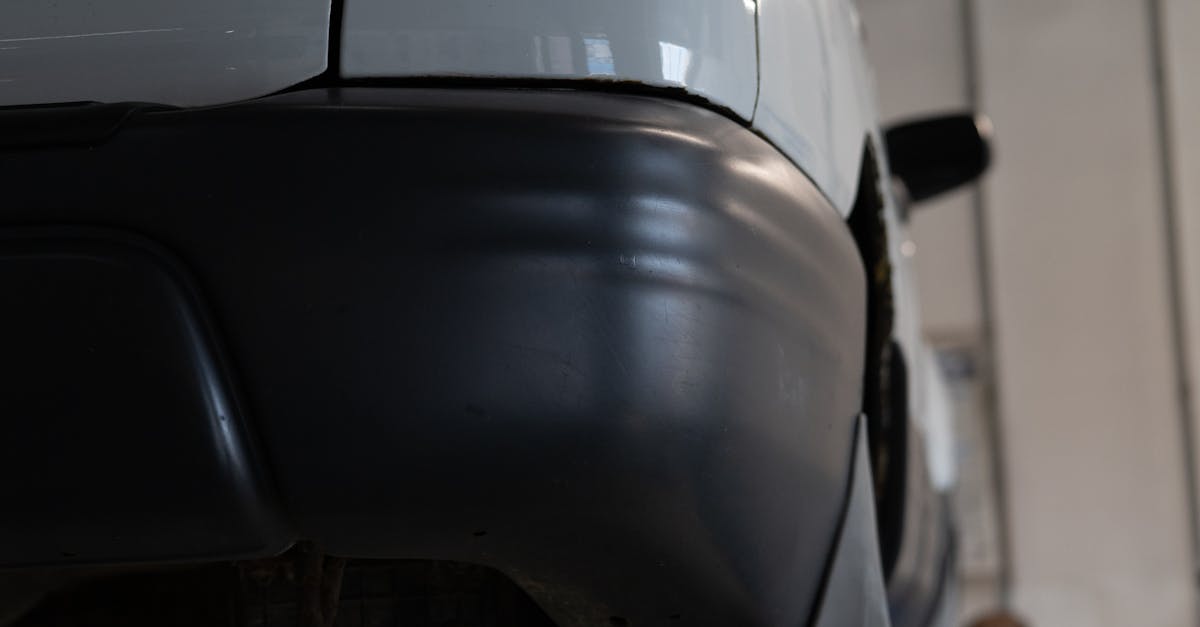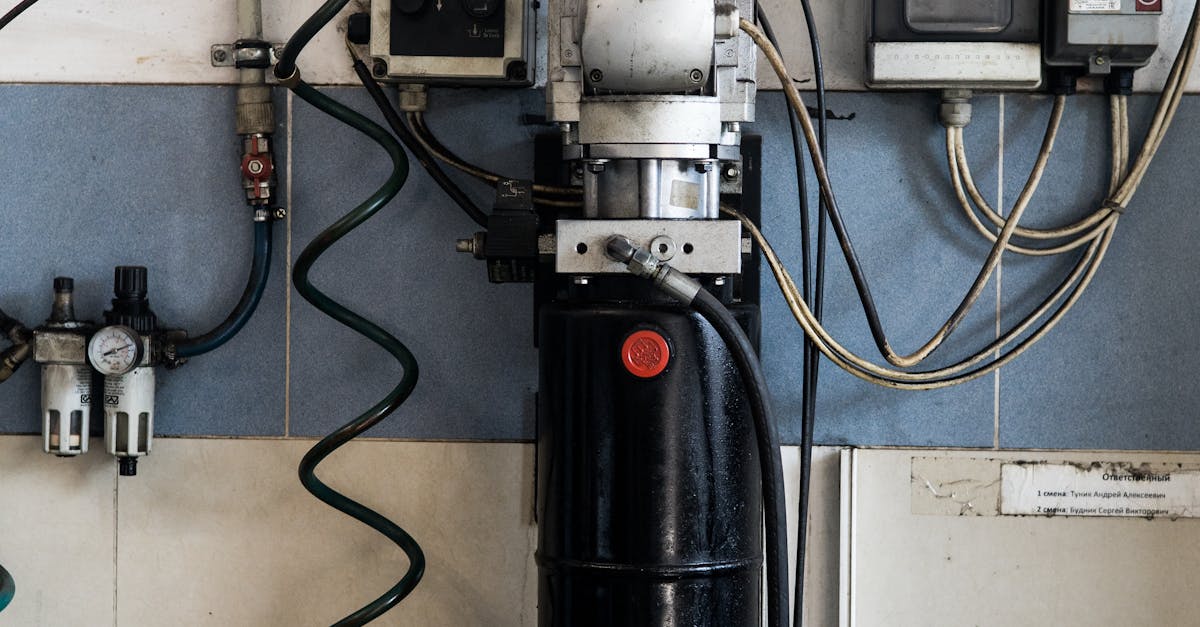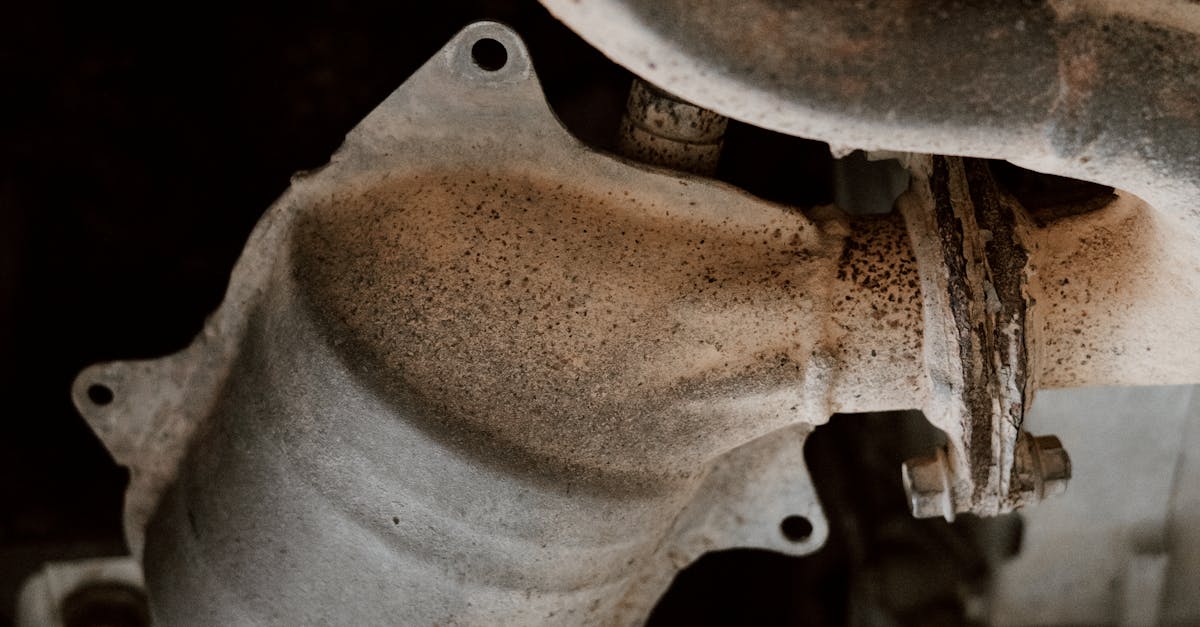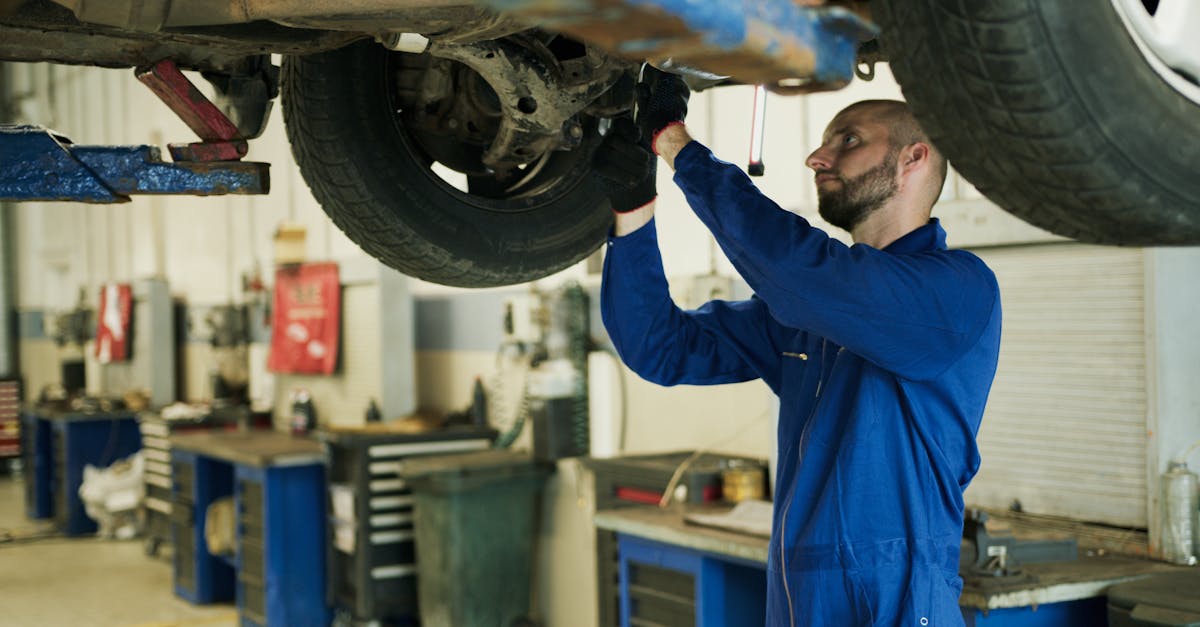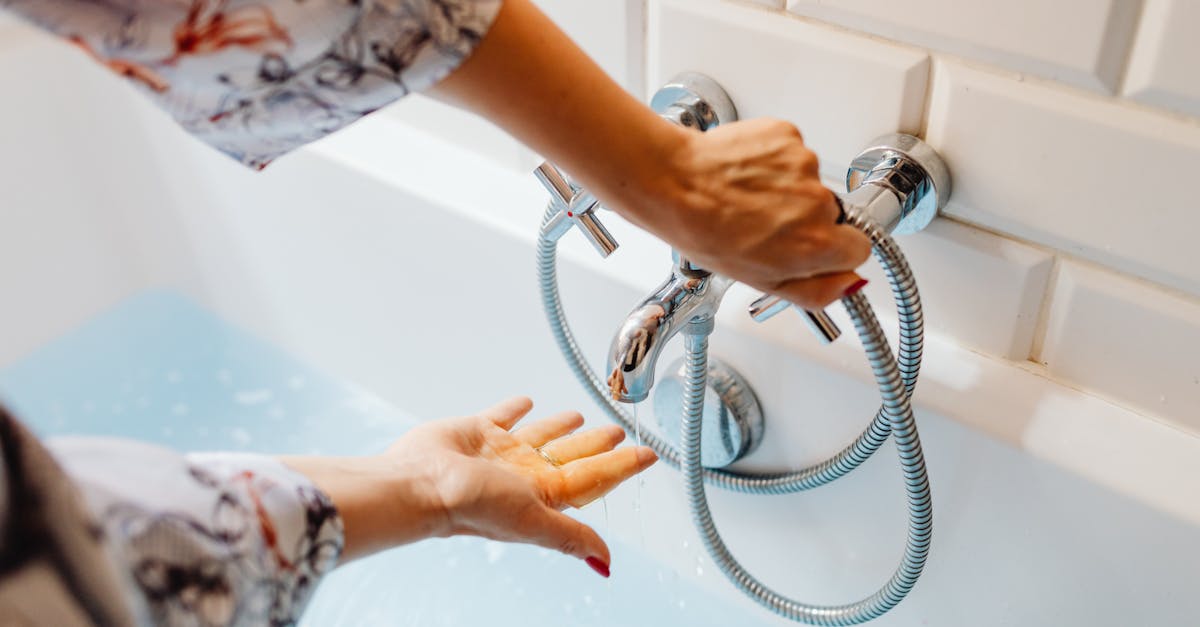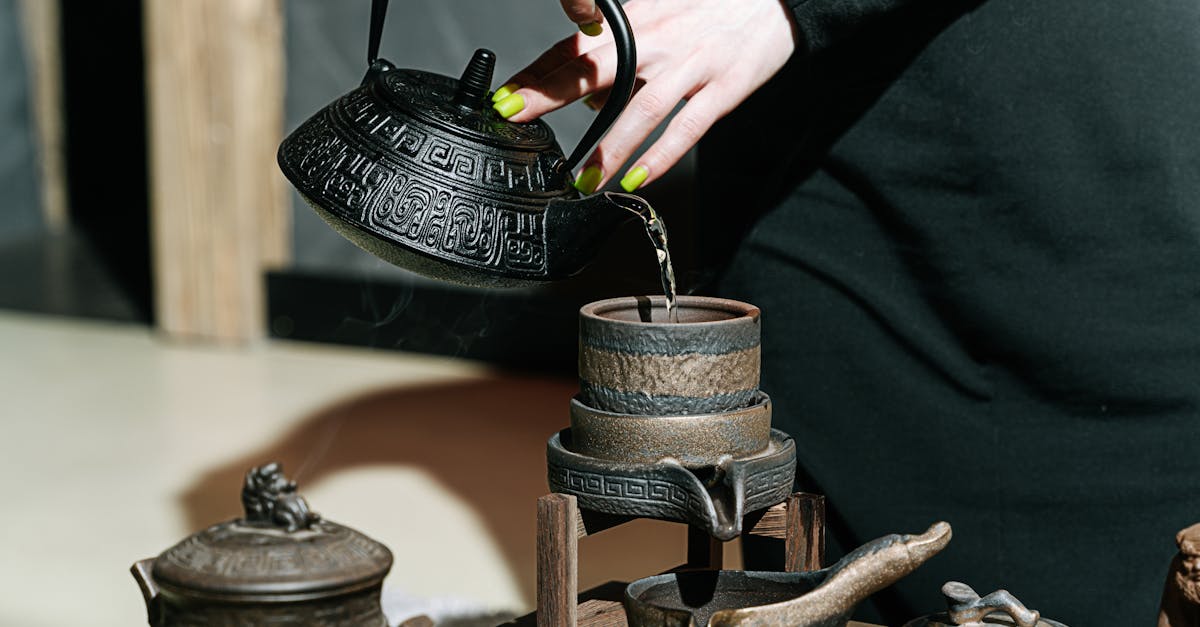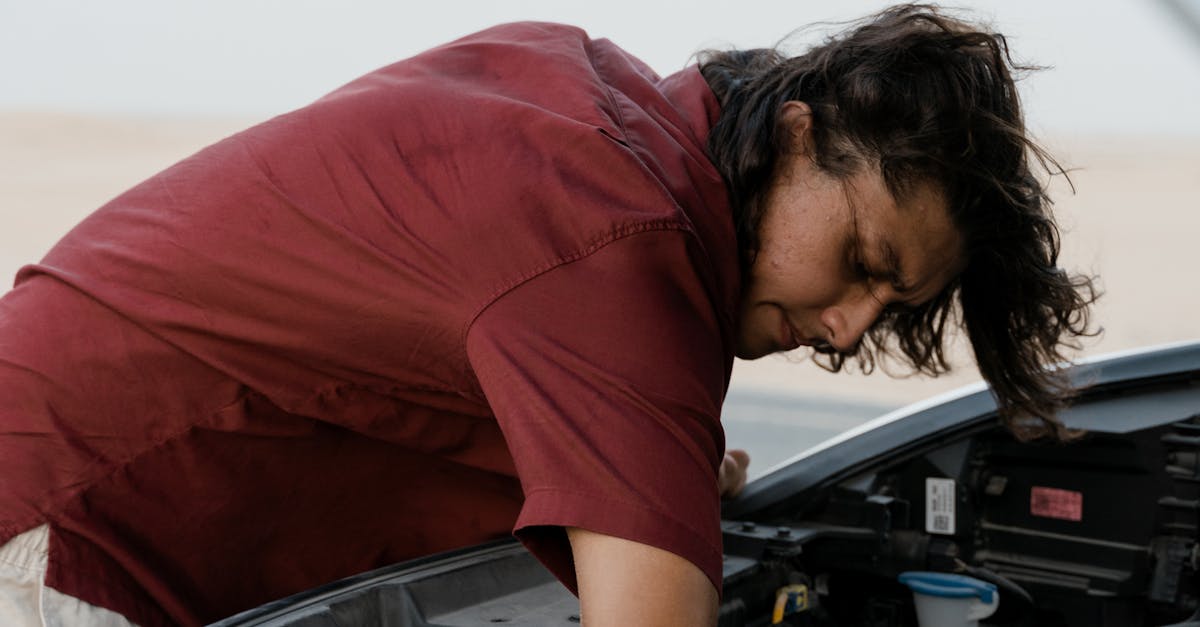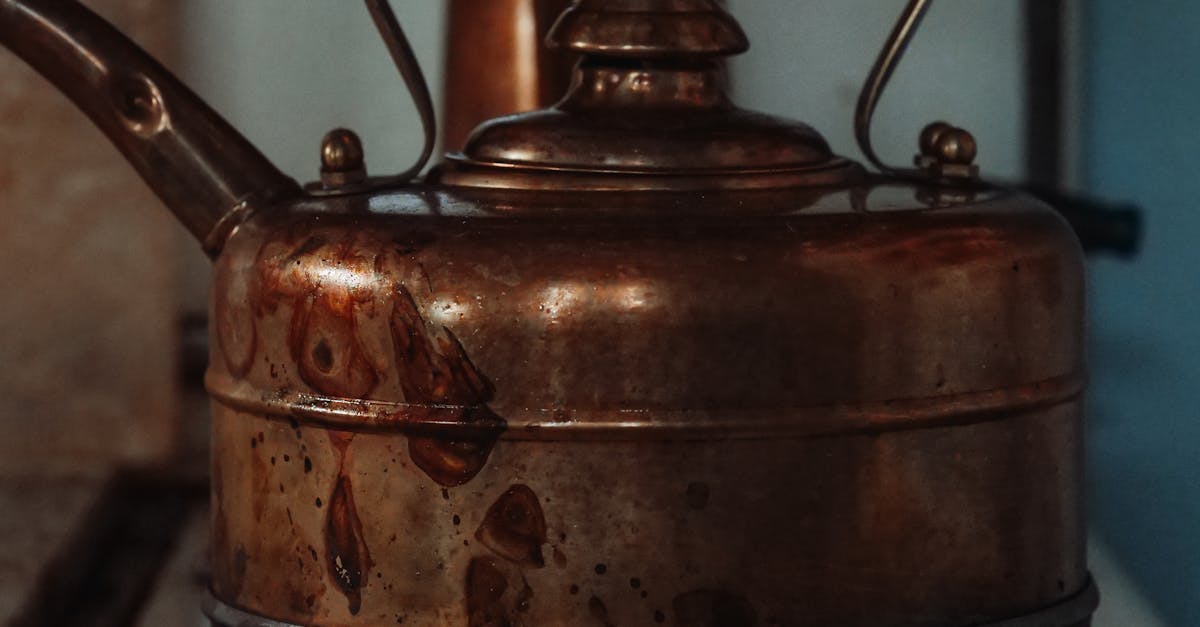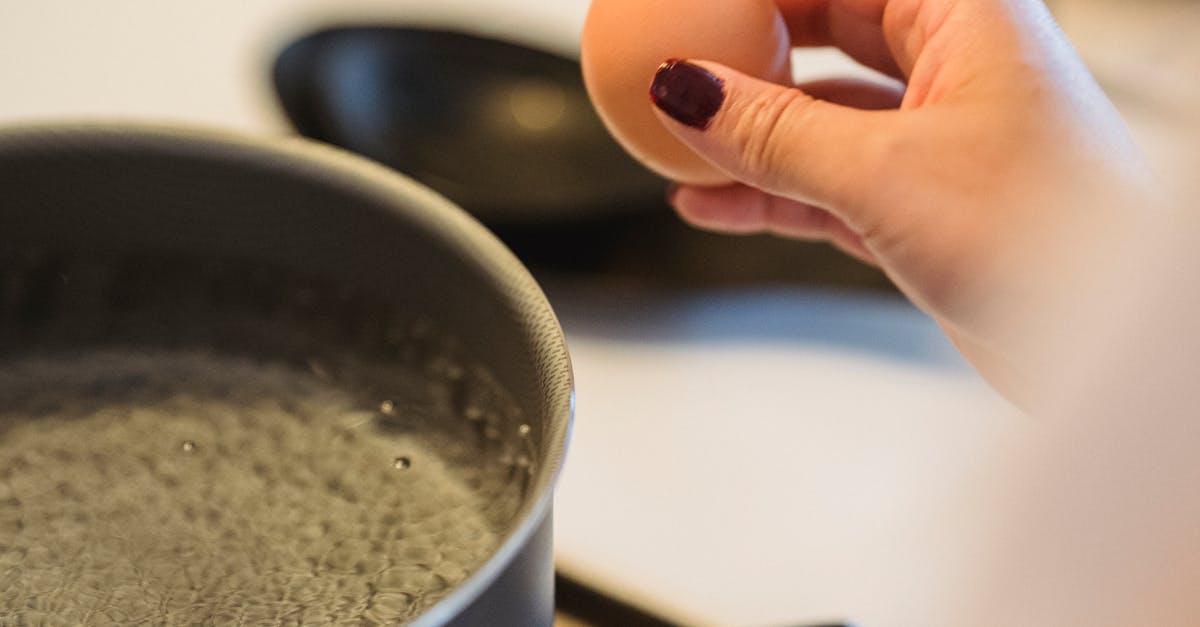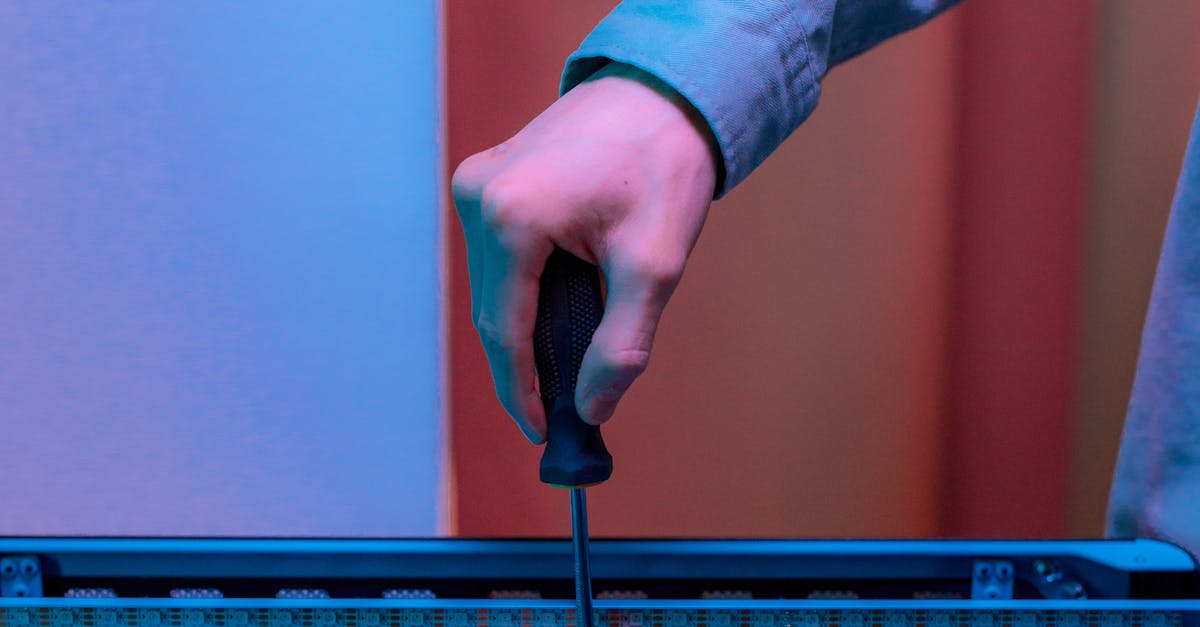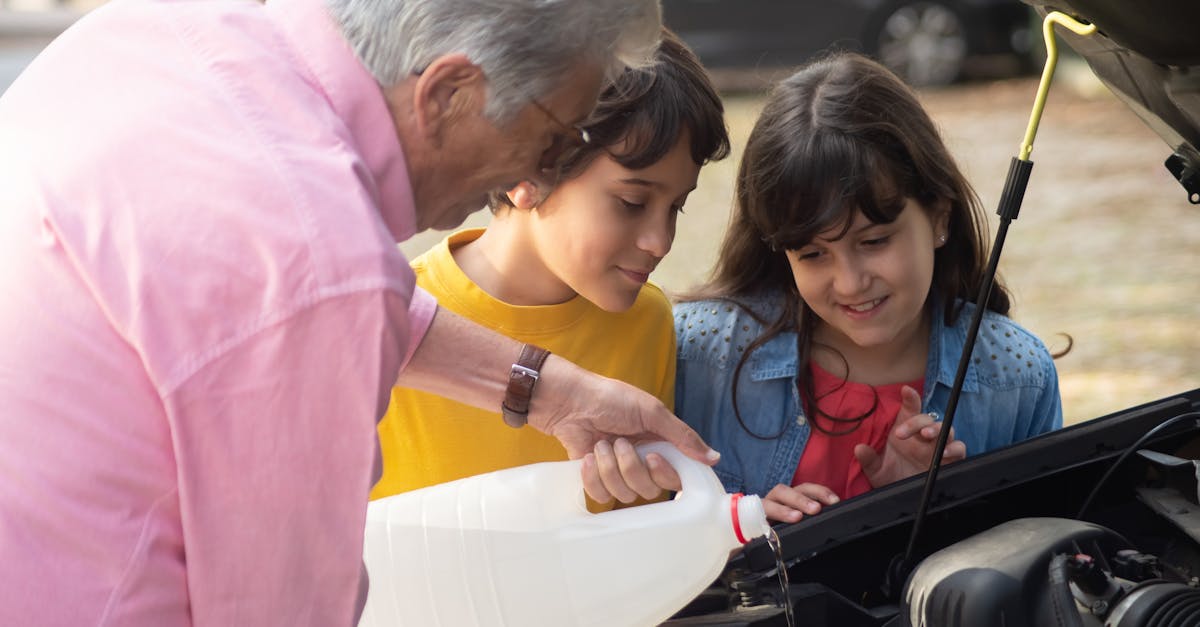
Table Of Contents
When to Replace Parts of the System
Understanding when to replace parts of your hot water system can greatly influence its performance and longevity. Signs such as inconsistent water temperature, discolouration, or unusual noises may indicate that components are beginning to fail. Regular assessment of these elements not only helps in identifying issues early but also aids in deciding whether a simple hot water system repair can remedy the situation or if a full replacement of certain parts is necessary.
Being proactive about replacement can save you money in the long run. For certain components like thermostats and heating elements, replacement might be more cost-effective than continual repairs. New parts can also improve efficiency and ensure your hot water system functions optimally. Regular maintenance checks will allow you to gauge the lifespan of these components, making it easier to determine the right time for replacement.
Key Components That Often Need Replacement
Several components of a hot water system are prone to wear and tear, necessitating replacement over time. One of the most common culprits is the thermostat. If it fails to maintain the desired temperature, you may experience fluctuations in hot water supply. Additionally, heating elements can wear out, especially in older models, affecting efficiency and causing leaks. Regular inspection of these parts can help you catch issues early, reducing the need for extensive hot water system repair later.
Another critical component to consider is the pressure relief valve. This valve helps manage excess pressure within the system and can become faulty or clogged, potentially leading to leaks. Anode rods are also important for preventing corrosion inside the tank. If the anode rod is significantly corroded, it should be replaced to prolong the life of your hot water system. Being proactive in identifying these key components can save you from more significant problems down the line and ensure your system functions effectively.
Safety Precautions Before Starting Repairs
Before commencing any Hot Water System repair, it is essential to turn off the power supply. Ensure that the system is completely disconnected from the electrical outlet or switch. If the system is gas-powered, turn off the gas supply to mitigate any risks. Allowing the system to cool down is also crucial to prevent burns or injuries during the repair process.
Wearing appropriate safety gear is vital when handling any part of the hot water system. Sturdy gloves will protect your hands from sharp edges or hot surfaces. Safety goggles provide protection against accidental splashes or debris. It’s advisable to have a first aid kit readily available in case of emergencies. Following these precautions can help create a safer working environment and reduce potential hazards associated with Hot Water System repairs.
Ensuring a Safe Working Environment
Before starting any hot water system repair, it is essential to ensure the workspace is safe and organised. Gather the necessary tools and equipment, and make sure they are in good condition. Remove any obstacles that could pose a hazard, such as loose cables or objects that obstruct walking paths. Adequate lighting is also vital for visibility, especially when working in tight or dimly lit spaces.
Personal protective equipment (PPE) is another crucial aspect of maintaining safety during repairs. Wearing safety glasses protects your eyes from debris, while gloves can shield your hands from sharp edges or hot surfaces. Consider wearing sturdy footwear to prevent injuries if heavy tools or parts are accidentally dropped. Maintaining a focused mindset and avoiding distractions during the hot water system repair will further minimise risks and ensure a more efficient work process.
Preventative Maintenance Tips
Regular inspection of your hot water system can help identify early signs of wear and prevent costly repairs later. Check for any visible leaks or corrosion around pipes, valves, and fittings. Pay attention to water quality and temperature consistency; any fluctuations might indicate underlying issues. Assess the pressure relief valve as well, ensuring it functions properly to avoid pressure build-up which could lead to leaks. Implementing these simple checks can significantly extend the lifespan of your system.
Flushing the hot water tank periodically can prevent sediment build-up that clogs the system and affects efficiency. This maintenance task not only prolongs the performance of your hot water system but can also help you avoid unexpected failures. If issues arise despite regular checks, consult with a professional for hot water system repair. Keeping track of these maintenance practices ensures you remain ahead of potential problems and enjoy uninterrupted hot water service.
How to Avoid Future Leaks
Regular maintenance is crucial in avoiding future leaks in your hot water system. Schedule periodic inspections to catch wear and tear before it leads to significant issues. Check all connections and valves for signs of corrosion or loose fittings. Draining the tank every six months can help prevent sediment buildup, which may contribute to pressure problems and leaks. Keeping an eye on your system will ensure it operates efficiently and extends its lifespan.
Implementing a water softener can also help minimise issues related to hard water, which can accelerate damage. Use quality materials for any repairs or replacements to guarantee longevity. When considering hot water system repair, consult with professionals to address any persistent concerns. Their expertise can help you determine the best preventative measures tailored to your specific system and circumstances.
FAQS
Can I repair a leaking hot water system myself?
Yes, if you have the right tools and knowledge, you can repair minor leaks yourself. However, for more significant issues or if you feel uncomfortable, it’s best to hire a professional plumber.
What are some common signs that my hot water system is leaking?
Common signs include water pooling around the unit, rust or corrosion on the tank, unusual noises coming from the system, or a decrease in water pressure.
How can I ensure safety while repairing my hot water system?
Always turn off the power or gas supply to the system, allow the tank to cool down, and wear appropriate safety gear such as gloves and goggles before starting any repairs.
What key components should I check for leaks in my hot water system?
Key components to check include the tank, pressure relief valve, inlet and outlet connections, and any associated piping for signs of wear or corrosion.
How can I prevent future leaks in my hot water system?
Regular maintenance, such as flushing the tank, checking for corrosion, and inspecting connections, can help prevent future leaks. Additionally, consider installing a water alarm for early leak detection.
